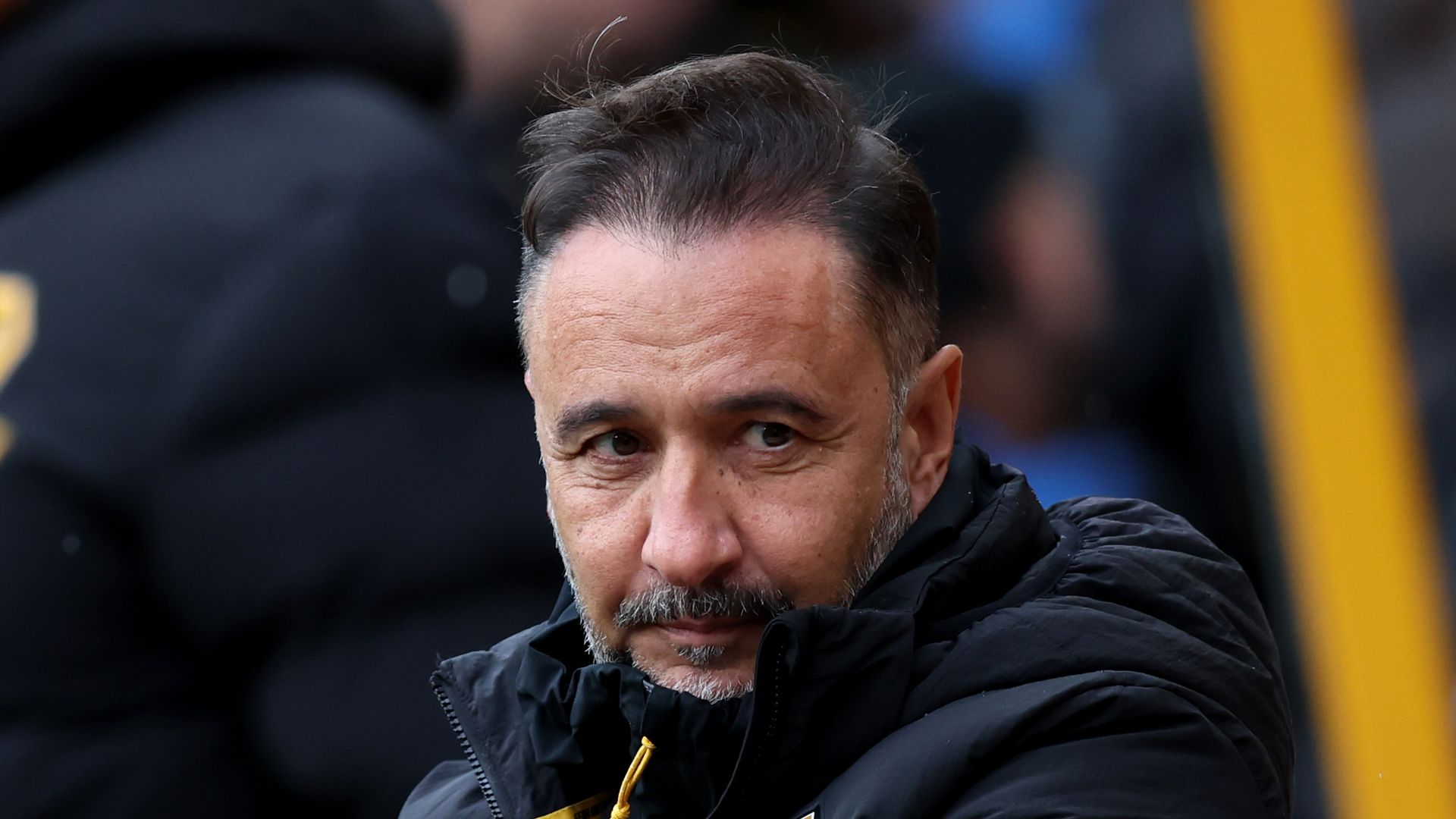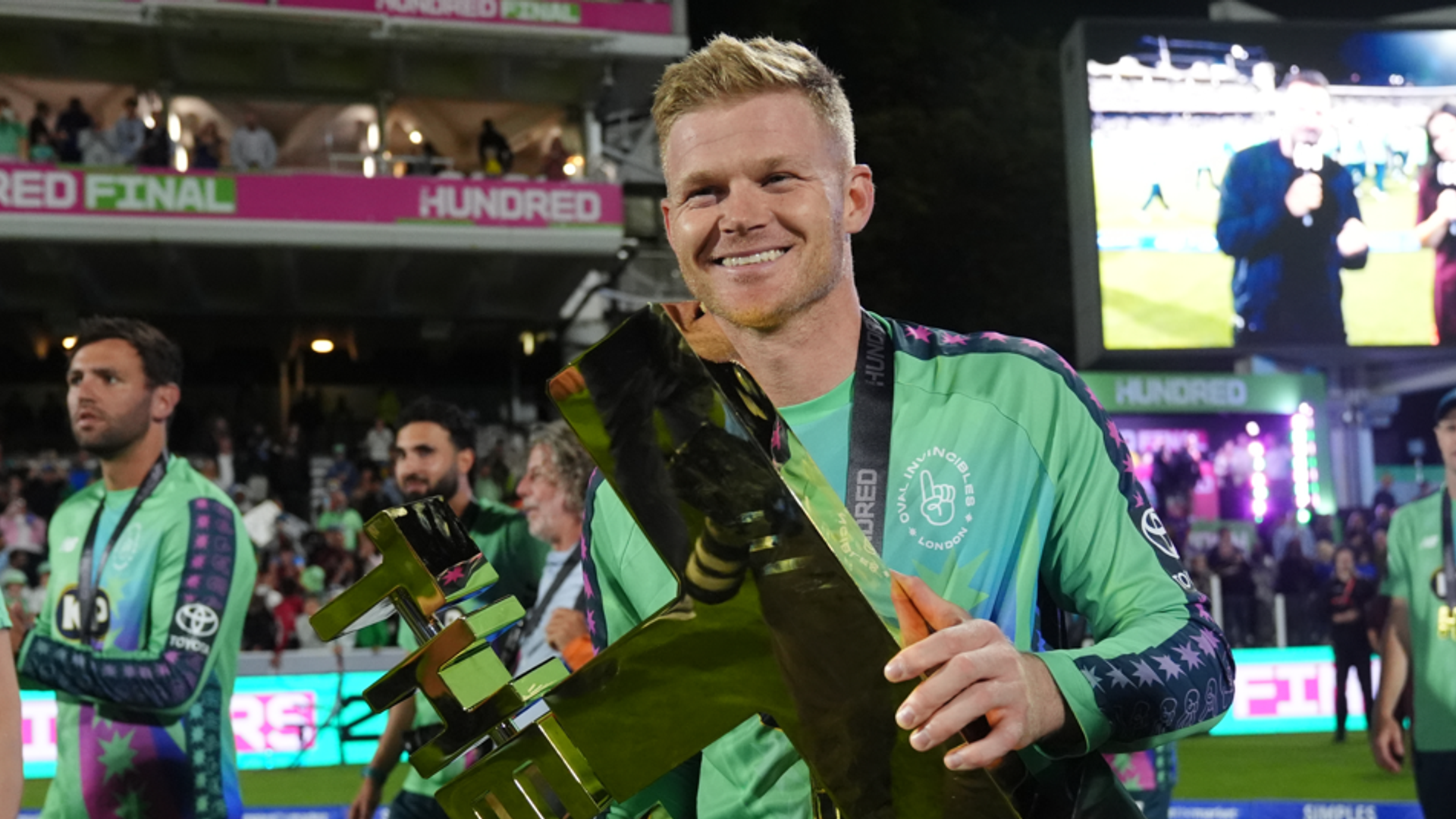Wolves’ Sacking of Pereira: A Shocking Betrayal Echoing Biblical Sacrifice in the Heart of Modern Football’s Unforgiving Arena
The recent dismissal of Vitor Pereira as head coach of Wolverhampton Wanderers has ignited a firestorm of controversy, reminiscent of ancient betrayals that echo through time. Pereira’s tenure was marked by a string of disappointing results, culminating in a loss to Fulham that extended the team’s winless start to the Premier League season. This decision not only reflects the current state of high-stakes football but also highlights a broader narrative about the pressures faced by coaches in a rapidly evolving sport.
Wolverhampton Wanderers, a club with a rich history, has navigated several tumultuous seasons since its promotion to the Premier League in 2018. Their upward trajectory and subsequent struggles underscore the volatility that characterizes modern football. The decision to sack Pereira, who had only been in charge for a short period, raises questions about the expectations placed on managers and the often unforgiving nature of club ownership.
When Pereira was appointed, there was cautious optimism among fans and pundits alike. He brought with him a reputation for attacking football and a track record of success in various leagues. However, the Premier League’s relentless pace and competitive nature proved to be a daunting challenge. The team’s inability to secure a victory in their opening matches added mounting pressure on Pereira, leading to speculation about his future.
The sacking of Pereira is not merely a reflection of his performance; it is emblematic of a larger issue within football—a culture that demands instant results and often sacrifices long-term vision for short-term gains. This trend mirrors political and social dynamics where leaders are held accountable for immediate outcomes, often overlooking the complex factors that contribute to success or failure.
In the world of football, coaches are frequently seen as the scapegoats for a club’s failures. When results falter, the manager is often the first to face the axe, regardless of the underlying issues. This environment creates a precarious situation for those in charge, as they must navigate not only tactical challenges but also the emotional and psychological demands of their role. The pressure to perform can lead to a cycle of instability, where clubs are trapped in a loop of hiring and firing, ultimately hindering their progress.
Wolves’ ownership, like many others in the Premier League, is undoubtedly seeking to return to a competitive position. The financial ramifications of relegation are severe, and the club’s hierarchy is acutely aware that each decision can have lasting consequences. The Premier League’s lucrative broadcasting deals and the financial clout of its clubs mean that the stakes are higher than ever. In this context, the decision to part ways with Pereira can be viewed as a desperate attempt to spark a turnaround before the situation deteriorates further.
As Wolves search for a new head coach, they must consider not only the immediate needs of the team but also the long-term vision for the club. The new appointment will need to align with the club’s ambitions and ethos while possessing the tactical acumen to revitalize a squad that has struggled to find form. The challenge lies in identifying a candidate who can navigate the complexities of the Premier League while fostering a culture of resilience and growth.
The broader implications of Pereira’s sacking extend beyond Wolves. The modern football landscape is rife with examples of coaches who have been dismissed despite their potential. The cycle of hiring and firing can stifle innovation and creativity within teams, preventing the development of a cohesive playing style and philosophy. Moreover, it raises questions about the role of ownership and management in supporting their coaching staff through difficult periods.
Fans, too, play a crucial role in this dynamic. The immediate reaction to a string of poor results can lead to calls for change, often without a full understanding of the intricacies involved in team performance. This passionate support can be both a blessing and a curse, as it places immense pressure on players and coaches alike. The emotional investment of supporters can create an environment where instability reigns, as the desire for quick fixes overshadows the need for a sustainable approach.
In the wake of Pereira’s departure, Wolves must now reflect on their identity as a club. What type of football do they want to play? What values do they wish to uphold? The answers to these questions will shape the direction of the club moving forward. A thoughtful and strategic approach to leadership will be essential if Wolves are to avoid the pitfalls that have plagued many clubs in recent years.
As the search for a new head coach begins, the club’s decision-makers must weigh the lessons learned from the past. The need for patience and a long-term vision cannot be overstated, especially in an environment where the focus is often on immediate results. The challenge lies in balancing the expectations of fans and stakeholders with the realities of the game.
In conclusion, the sacking of Vitor Pereira serves as a stark reminder of the complexities and challenges facing modern football clubs. It is a narrative woven with themes of sacrifice, accountability, and the relentless pursuit of success. As Wolves chart their path forward, they must navigate these intricate dynamics with care, lest they fall further into the cycle of despair that has ensnared so many in the beautiful game.




